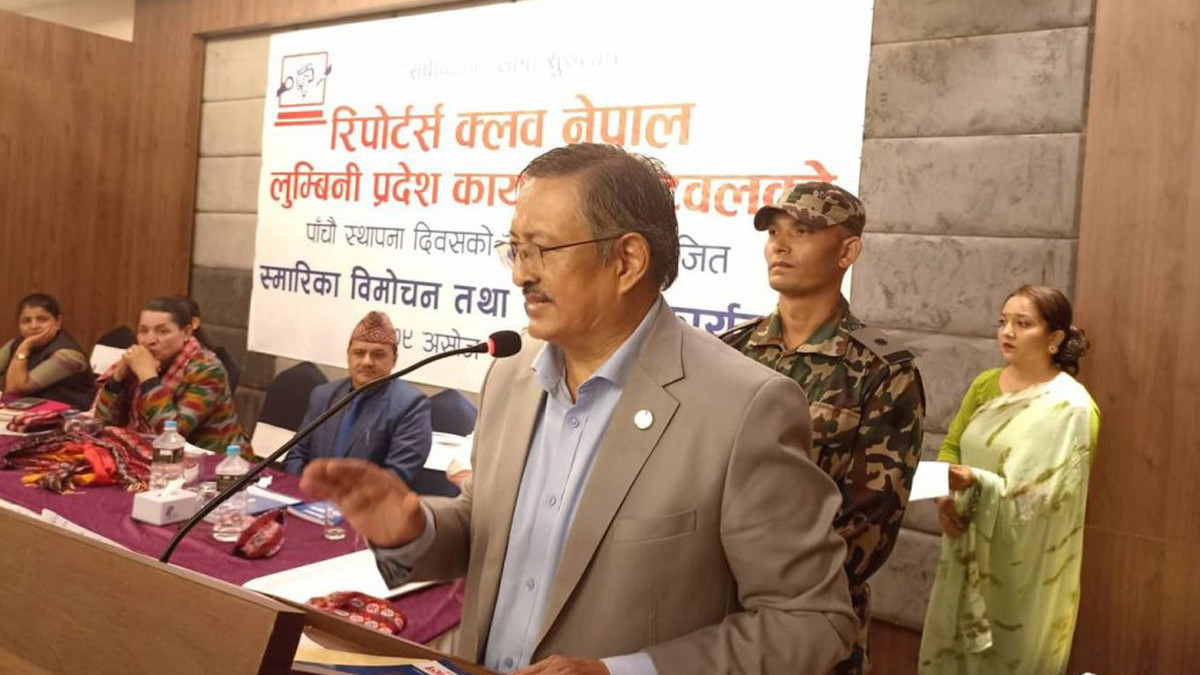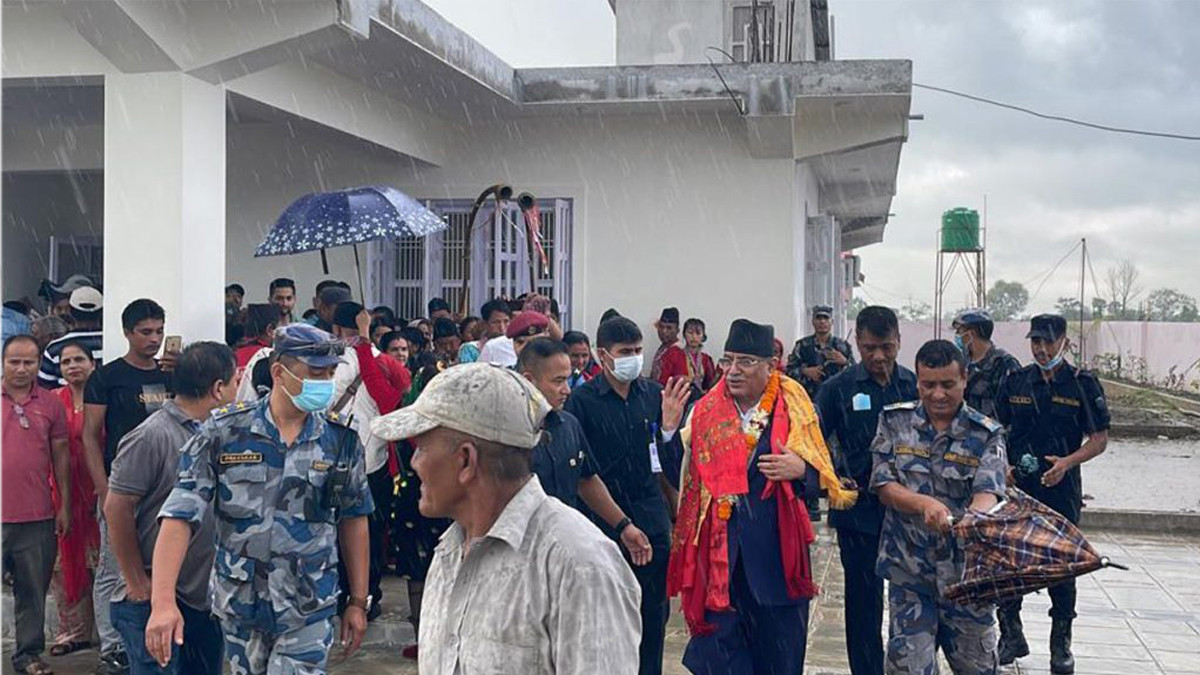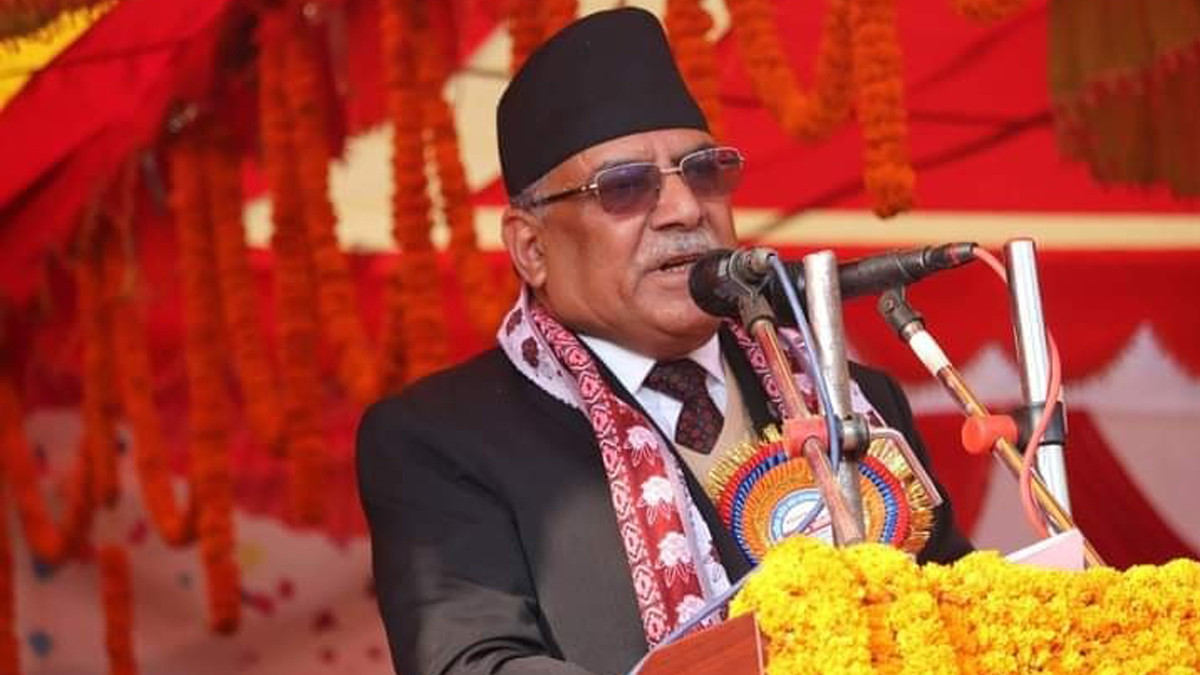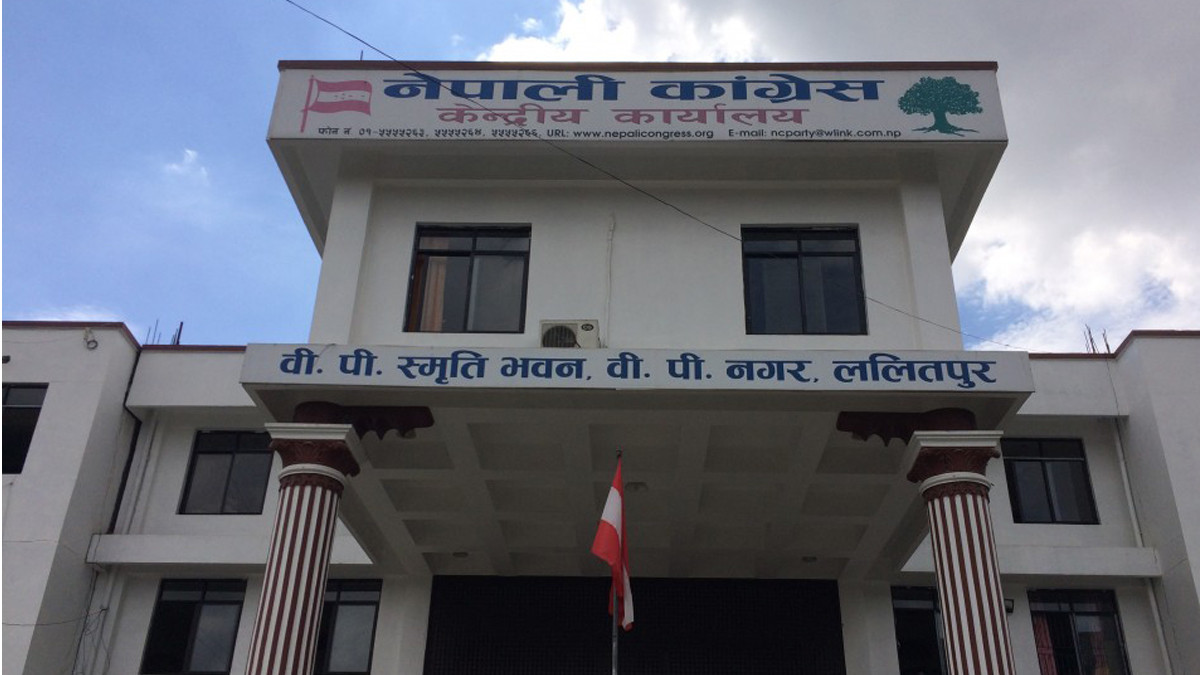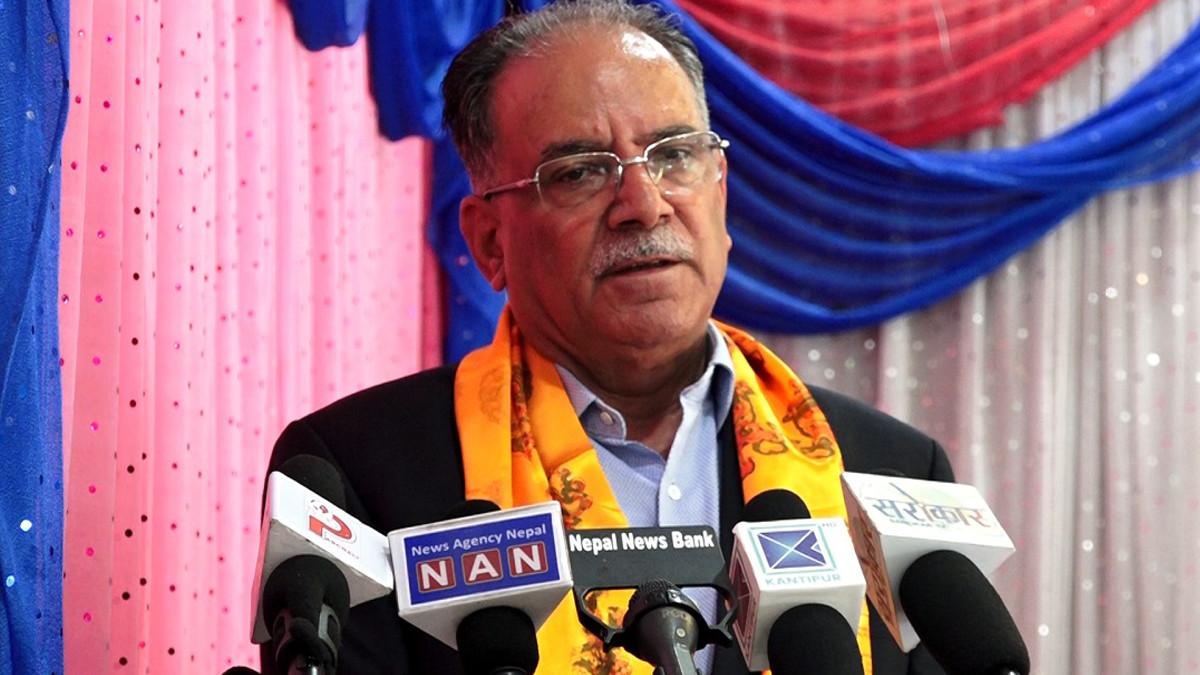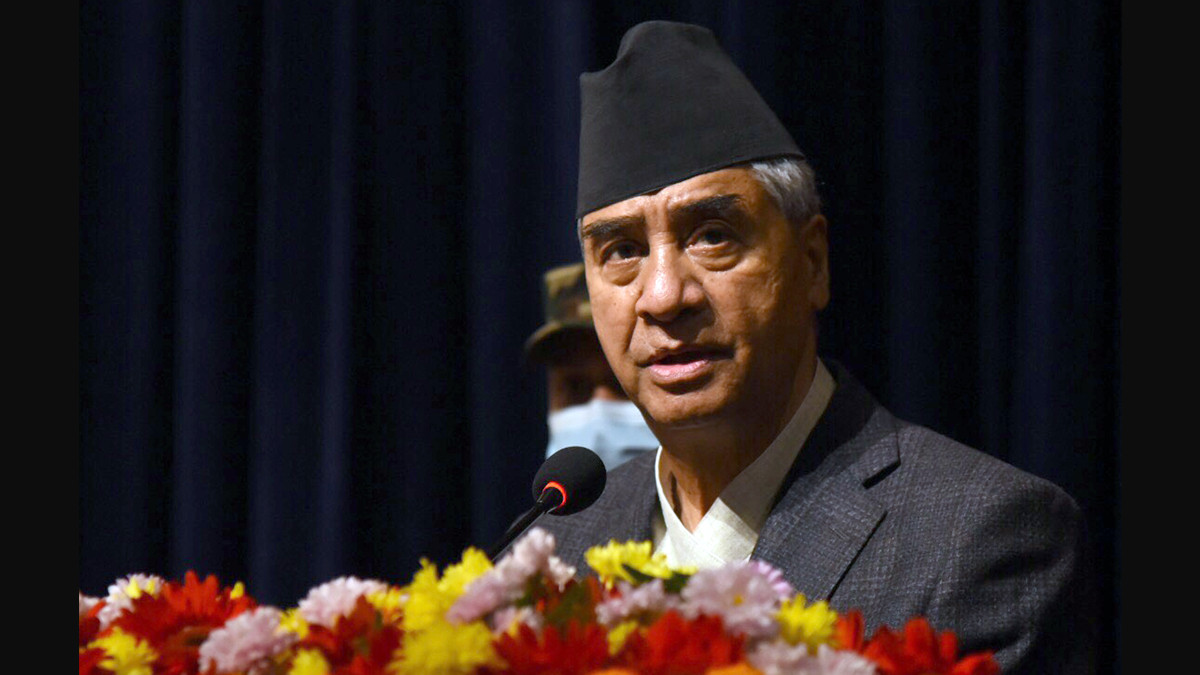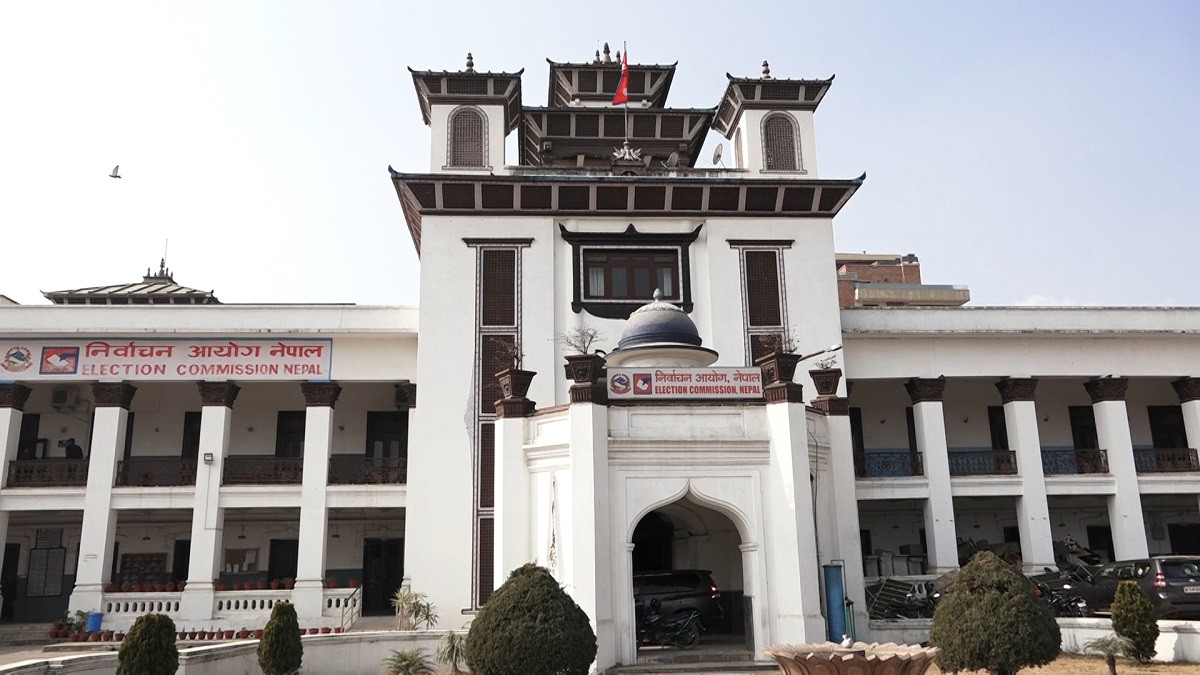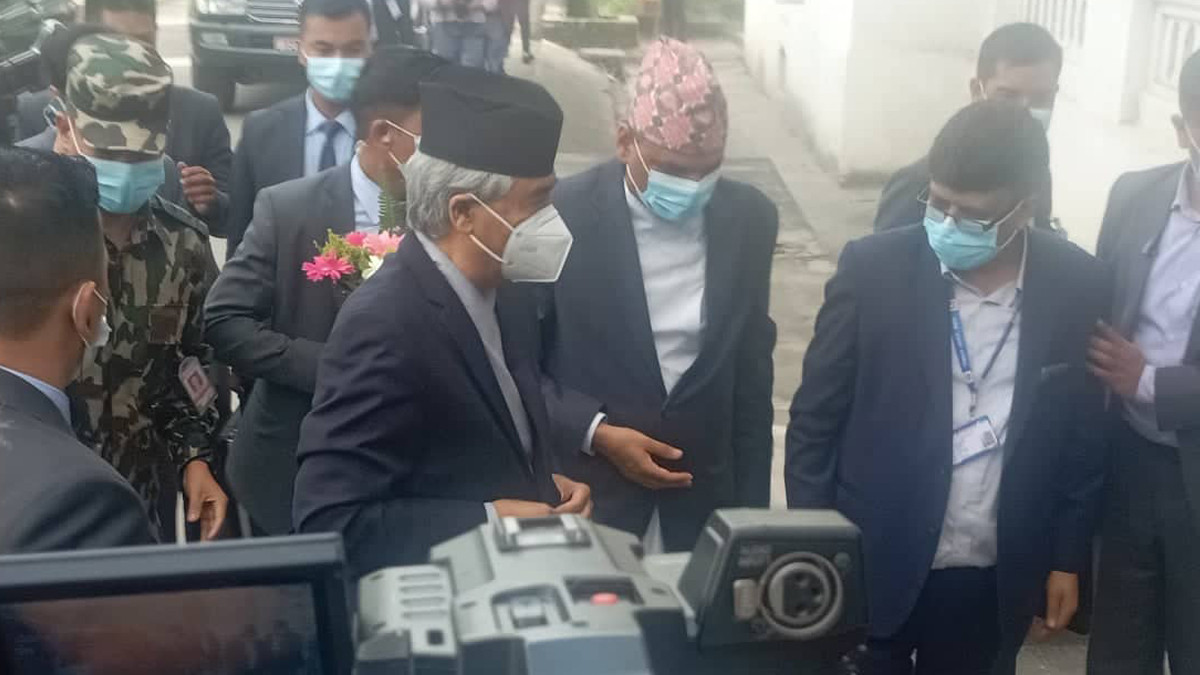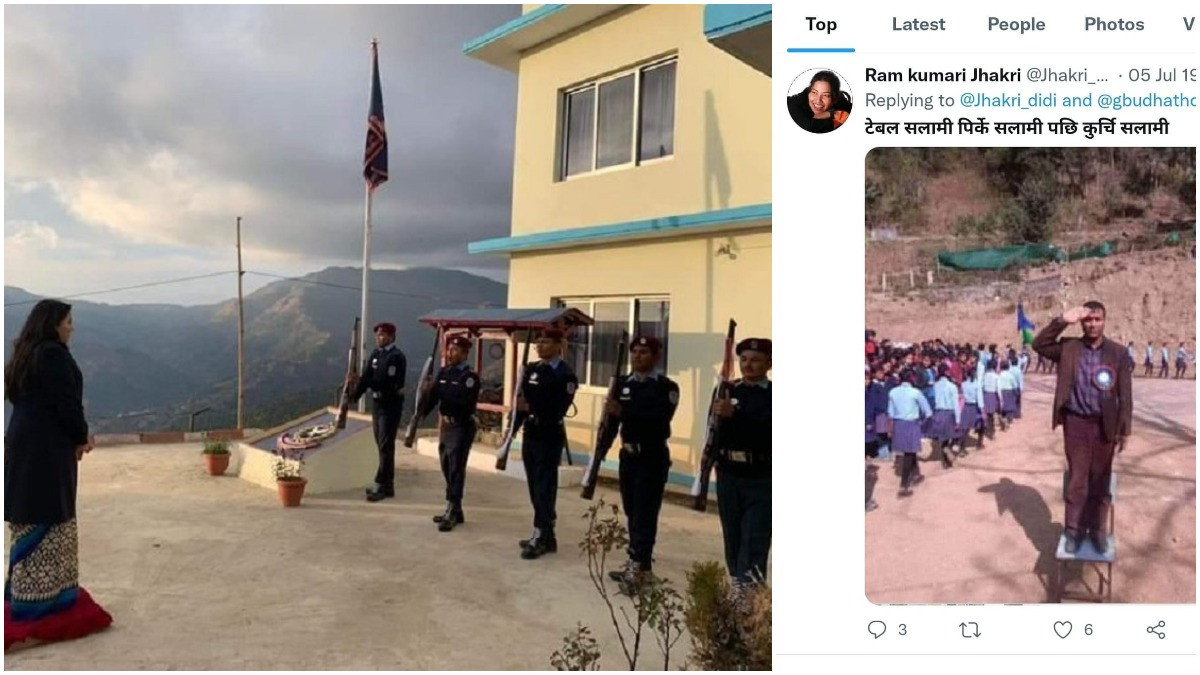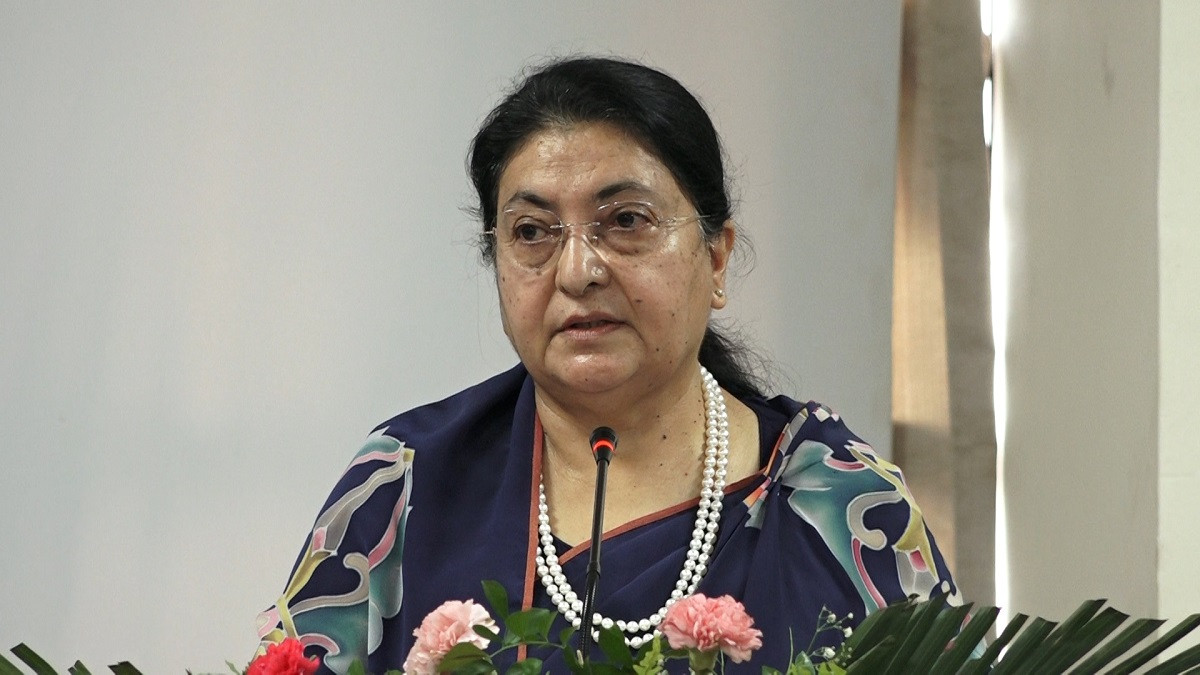
President Bidya Devi Bhandari is in controversy these days.
President Bhandari's tenure was controversial from the beginning of her tenure.
The scholars of the Constitution and leading leaders of political parties are saying that the credibility and dignity of the presidency of the first president of Nepal Dr.Ramaran Yadav is not preserved by the present President Bidya Devi Bhandari.
Major ruling political parties, including some opposition, have opposed President Bhandari's latest move with the conclusion that it is unconstitutional.
The present vice president and the former president have also opined that President Bidya Devi Bhandari has violated the constitutional provisions.
Due to the latest move of the president, a large number of people in the country have been deprived of their citizenship.
Various political parties have started street protests against her move and there has also been a demand that Bhandari should resign from the post of President.
Though serious ethical questions are being raised about President Bhandari, the main opposition party CPN (UML) is supporting the president and her action.
Bidya Devi Bhandari was the Vice Chairperson of UML before assuming the responsibility of the President.
She is the second President of the country since the country became a republic in 2008. She first became the Head of the State on October 28, 2015, and was re-elected to the position again on March 13, 2018.
President's actions is being widely criticized saying that she is taking her decisions as per the plans and instructions of the UML leadership
The Citizenship Bill, which was initially sent to the president for verification on 31 July, was returned to the House of Representatives by President for reconsideration on 14 August with 15 questions.
The returned bill was then again passed by the House of Representatives on August 20 and the National Assembly on September 2 and submitted to President Bhandari on September 5.
According to the constitutional provisions, although the President has the power to return the bill to the Parliament for once but does not have the right not to certify the bill that has come for re-certification for the second time. Similarly, she should have certified the bill within 15 days, President Bhandari did not certified it until 12 midnight of the last date.
President displayed double standards
The government of CPN UML which was led by Chairman KP Sharma Oli had also recommended the Citizenship Ordinance on 22 May, 2021 and the ordinance was issued by President Bhandari a day later on 23 May. However the same president Bhandari did not certify the bill that was brought by maintaining the provisions of the Oli government's ordinance which was also passed by both houses twice.
Support to Oli in the dissolution of the House of Representatives
Similarly, President Bhandari didn’t give a second thought to endorse the recommendation of the Oli government to dissolve the House while he was still leading a majority government. The Supreme Court on February 23, 2021, reinstated the House saying the dissolution was unconstitutional.
However, three months later Oli dissolved the House again, and Bhandari quickly endorsed it past midnight on May 21, 2021. Experts on constitutional affairs criticized the move for rubber-stamping every move of the Oli government. She didn’t hold a single consultation while approving the Oli government’s move of dissolving the House.
Involvement in party politics
Likewise, at the time when tensions escalated in the Nepal Communist Party (NCP), formed after a merger between the UML and the CPN (Maoist Centre), Bhandari made every attempt to keep the party intact. She personally called then NCP vice chairperson Bamdev Gautam to her office in November 2020 and urged him “to play a constructive role” in stopping the party from a split. Then also she had faced criticism for her active involvement in party politics.
President favored the erstwhile Oli government was visible on December 16, 2020.
After failing to convene the Constitutional Council meeting, the Oli Cabinet on December 15, 2020, decided to revise the Constitutional Council (Functions, Duties, and Procedures) Act through an ordinance.
President Bhandari issued it immediately. The very next day, then NCP leaders Bhim Rawal and Pampha Bhusal reached the President’s Office with signatures of 83 lawmakers demanding that the House be convened. They had reached Sheetal Niwas after seeking time from Hari Poudel, secretary at the office. However, he was nowhere to be found and his mobile phone remained switched off. They waited for six hours but could not register their application.
Article 93 (3) of the constitution says the President summons the House if one-fourth of members of Parliament call for it. If the House was summoned then, the Oli government would have been in trouble.
Unprofessional reasons as well
President Bhandari not just for professional reasons, Bhandari has been criticized for her personal activities. On January 16, 2017, she conducted the marriage of her youngest daughter Nisha Kusum Bhandari from the President’s Office. The move was criticized saying she turned the President’s Office into a party place.
Some other disputes of the President in the Ordinance
On October 23, 2017, the then Sher Bahadur Deuba government recommended an ordinance on Medical Education. However, she didn’t issue it for around three weeks. It was issued on November 10, 2017, only after a section of civil society members led by Dr. Govinda KC, who has long been fighting for reforms in the medical education sector, registered an application at the President’s Office asking about the status of the ordinance.
Similarly, she was reluctant to issue an ordinance on National Assembly elections. In the Deuba government in December 2017 recommended the ordinance proposing Single Transferable Voting System, which was a must to hold the elections for the upper house.
The Nepali Congress and Madhesh-based parties had been advocating the Single Transferable Voting system while the CPN-UML and CPN (Maoist Centre) were for adopting a majoritarian system. She waited until the UML agreed for the single transferable system to issue the ordinance.On February 9, 2018, then Sher Bahadur Deuba-led government had recommended Krishna Prasad Poudel, Chandani Joshi, and Gopi Lal Basnet for appointment as members of the National Assembly. However, she didn’t nominate them and waited until the government was changed. Deuba was replaced by KP Sharma Oli on February 15 the same year and his government withdrew the names and recommended new faces. She endorsed the names of Yubaraj Khatiwada, Ram Narayan Bidari and Bimala Rai Poudyal recommended by the Oli Cabinet.

